
It’s Time for a Green Party Takeover
Many Brits are politically homeless. They need a movement that will unite them to their land, to whose history they still feel deeply attached.

Many Brits are politically homeless. They need a movement that will unite them to their land, to whose history they still feel deeply attached.
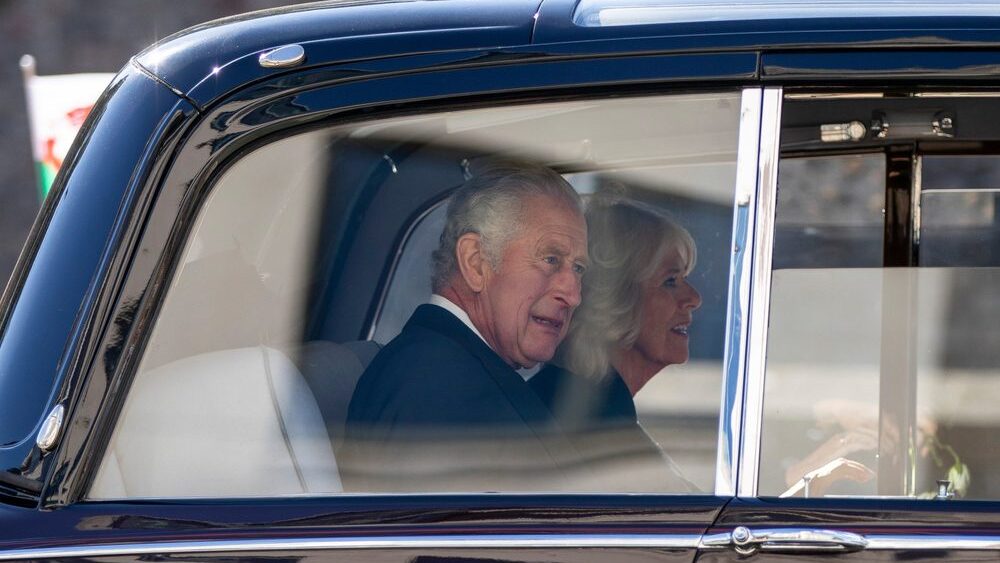
The 75-year-old British monarch is “wholly positive” about his treatment.
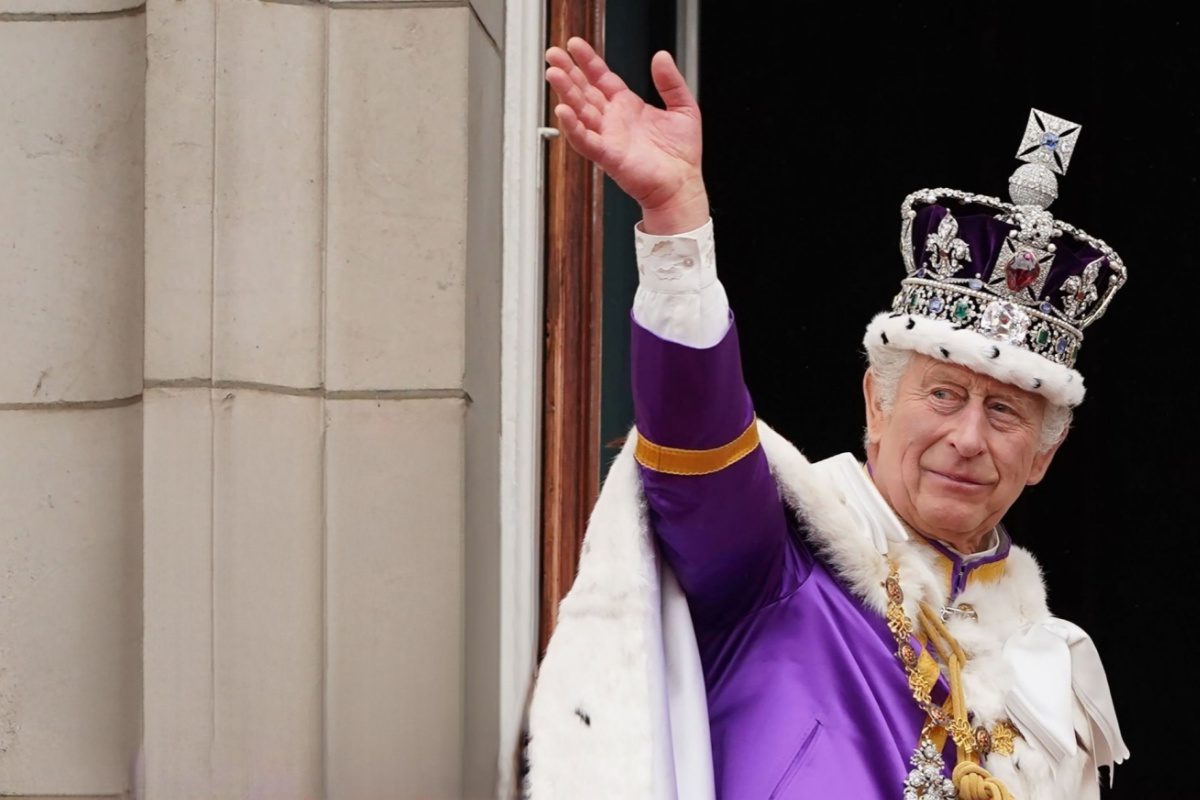
In the King’s speech, we hear faint resonances of the Christian and Neoplatonic idea of harmony.
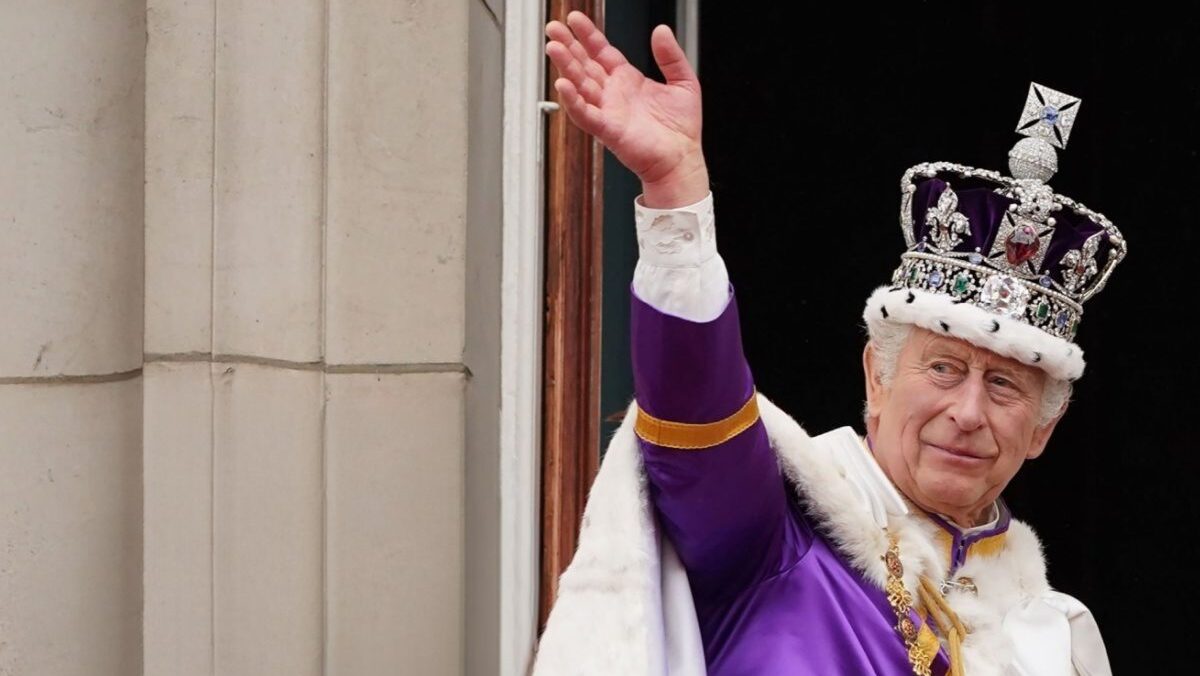
By recklessly tying the Crown to progressive issues, Charles erodes the neutrality on which his constitutional role rests.
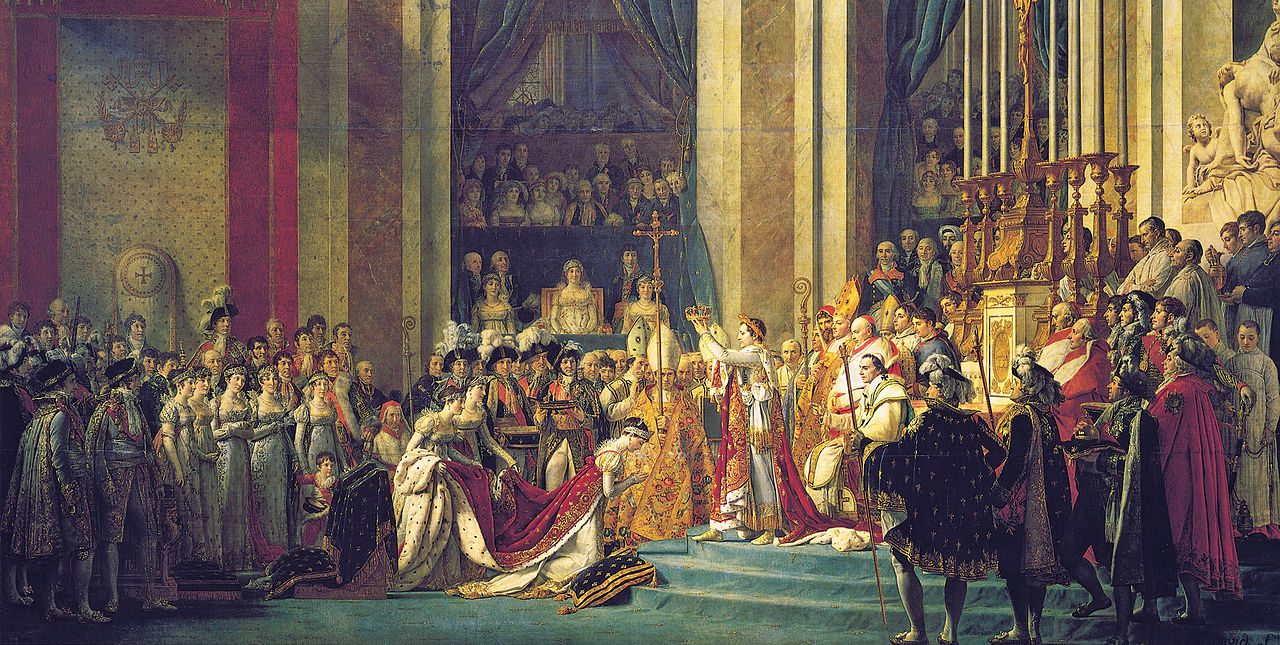
The combination of continuity and change has always been central to the genius of coronations, reassuring us that the past is being honoured, yet reaffirming the new order of things.

The monarch is said to be encouraging those arguing for Britain’s guilt in the slave trade banned in 1807.
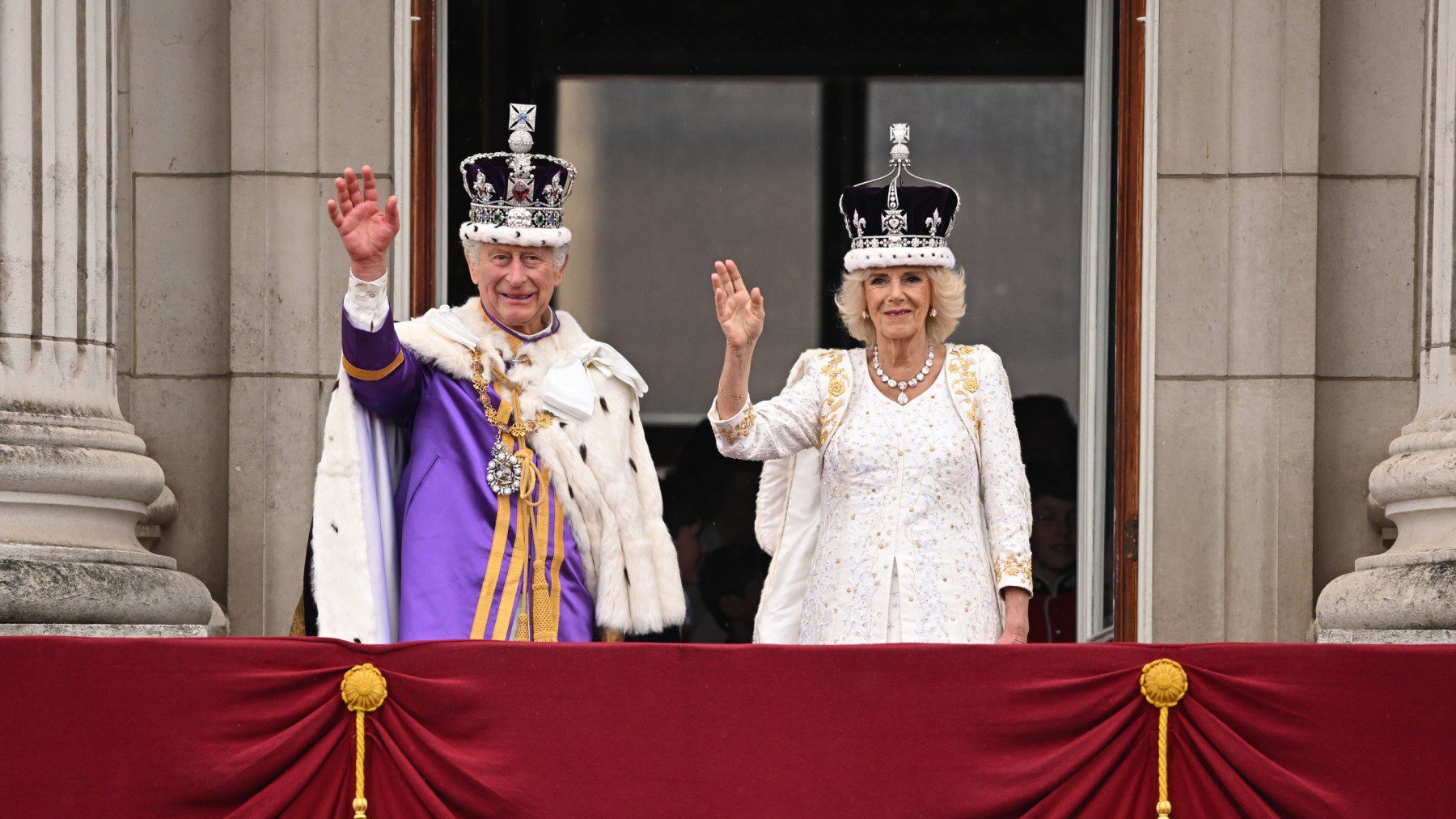
Despite worries that the coronation ceremony would be riddled with modernist innovations, it proved remarkably in keeping with tradition.

The Princess Royal’s reference to the “genuine benefits” provided by the monarchy indicates she is not worried about its future.
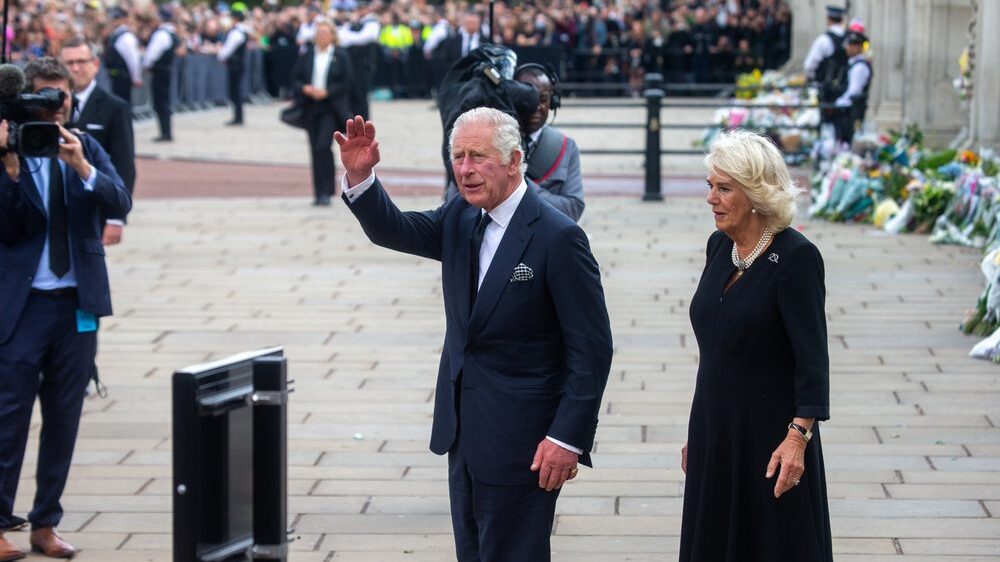
Palace insiders say the event will be “very small beer indeed,” in comparison to the coronation of 1953.

Royal commentator Richard Fitzwilliams said it has become “totally unclear” what exactly the term refers to.